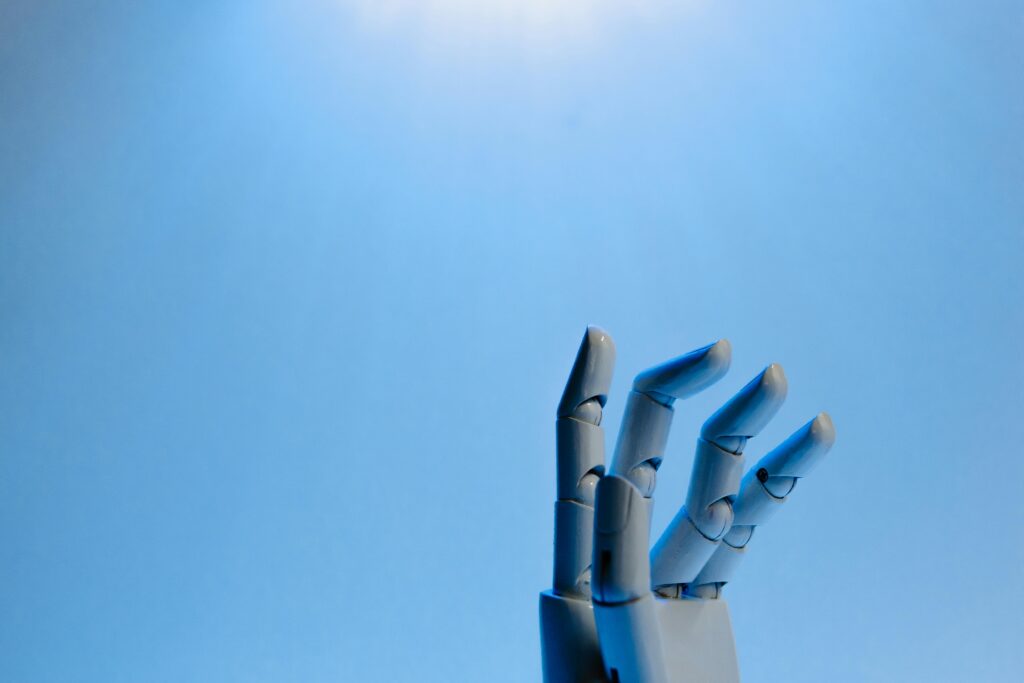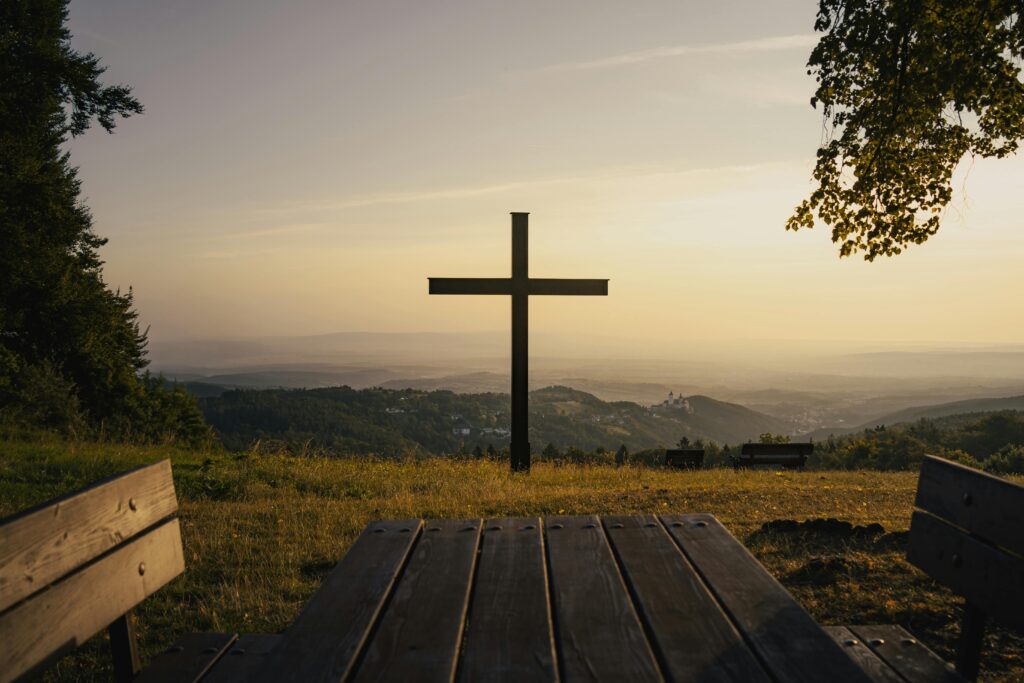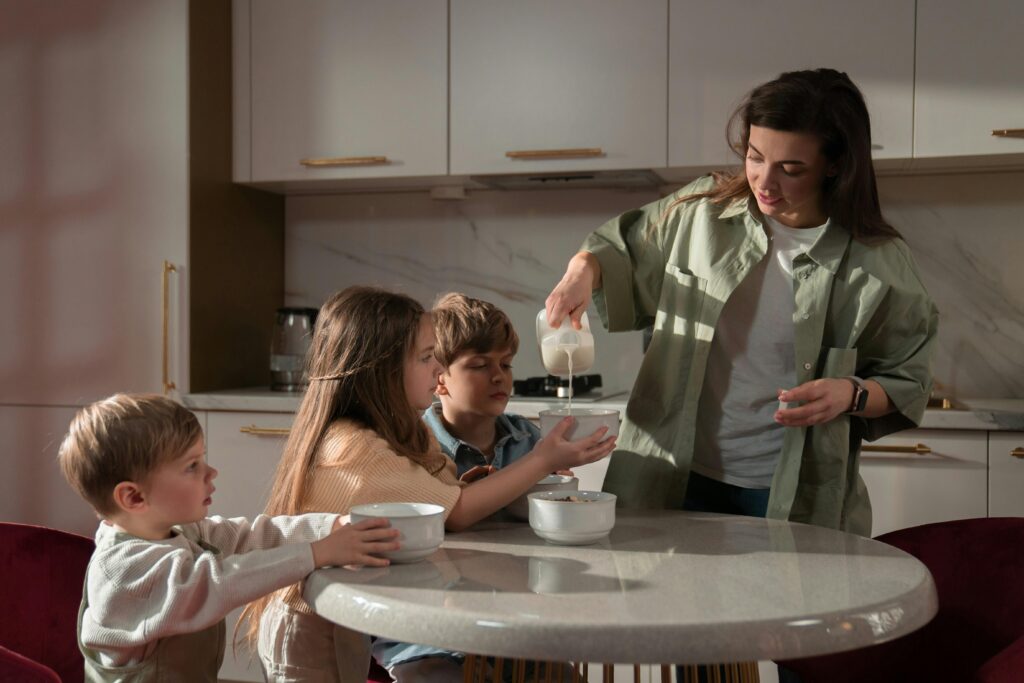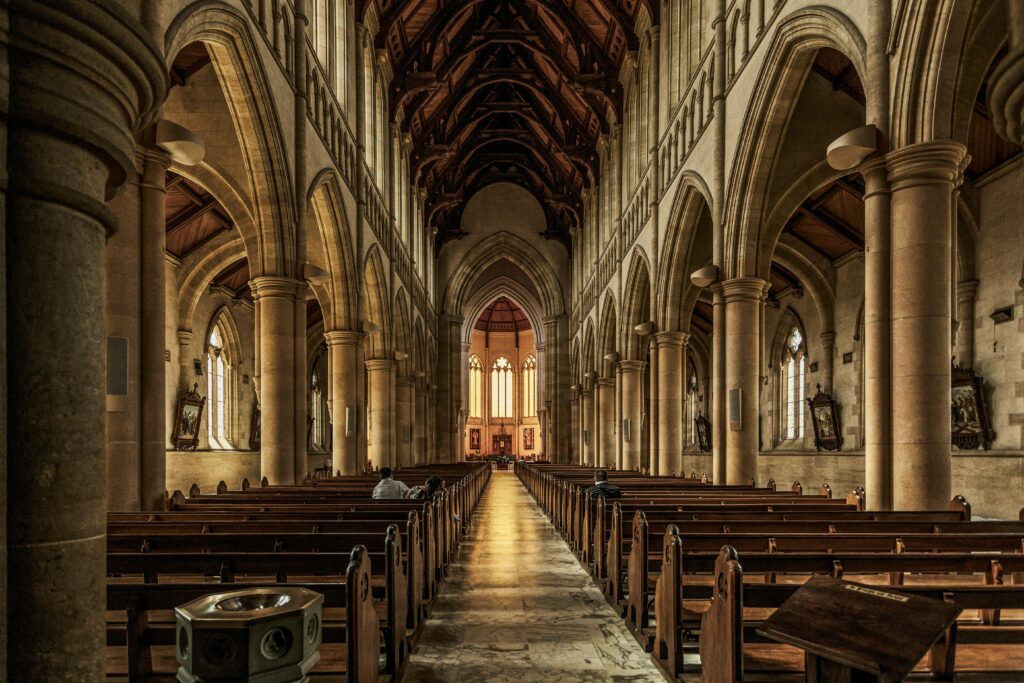Cardinal Arizmendi: Beware of Artificial Intelligence!
Between Wonder and Fear: The Moral Challenges of Artificial Intelligence

Cardinal Felipe Arizmendi, Bishop Emeritus of San Cristóbal de Las Casas and responsible for the Doctrine of the Faith at the Mexican Episcopal Conference (CEM), offers Exaudi readers his weekly article.
FACTS
Over a year ago, images were circulated showing Pope Francis wearing a nice white jacket in various positions; it all looked very natural, but they were fake. Others were also circulated in many positions, some funny, others disrespectful; all fake! On the occasion of his recent hospitalization, images were circulated showing the Virgin Mary accompanying and comforting him- fake! They released another composite with the last ten Popes, as if they were playing with each other. All fake, a product of someone’s imagination. But, just as these compositions seem like a game, with so-called Artificial Intelligence, you can do anything you imagine, for good or for evil, sometimes causing unimaginable damage. Many won’t be able to distinguish truth from falsehood!
A Mexican bishop told us that, using artificial intelligence, his voice was imitated so much that it seemed real. Criminals, using his voice, called the Governor of his state requesting a sum of money, as if the bishop were calling. Without verifying the authenticity of the call, as it indeed sounded like the authentic voice, he delivered the requested message to the instructions given by the voice impersonators. And with great impudence, they called him again to thank him for the message and invited him to have breakfast with the bishop the following day. When the day arrived, he appeared before the bishop for breakfast. He was bewildered by his presence and realized that it was all fake. They’ve done the same with the images and voices of other bishops and cardinals, recommending medicines and other products, all false.
At a national meeting of diocesan communicators held in Zacatecas at the end of last October, a demonstration was given of how anything can be created with artificial intelligence to support pastoral care, putting it to good use but also warning of the dangers its abuse can entail. We were amazed at all that can be created. We have no doubt about how much good this technology can bring, but also about the misuse it can be put to for improper purposes. Likewise, we must be alert to this technological advancement!
ILLUMINATION
Pope Francis has already addressed the issue on several occasions. In his Message for the World Day of Peace, January 1, 2024, he expressed: “We rightly rejoice and are grateful for the extraordinary achievements of science and technology… Intelligent machines can perform the tasks assigned to them with ever greater efficiency, but the purpose and meaning of their operations will continue to be determined or enabled by human beings with their own universe of values. The risk is that the criteria underlying certain decisions will become less transparent, that decisional responsibility will be hidden, and that producers will be able to evade the obligation to act for the good of the community.”
In a message to a meeting on this matter in Hiroshima, Japan, he said: “In the face of the prodigies of machines, which seem to know how to choose independently, we must be very clear that the decision always rests with human beings. We would condemn humanity to a hopeless future if we took away people’s ability to decide for themselves and their lives, condemning them to depend on the choices made by machines. We need to guarantee and protect a space of meaningful human control over the choice-making process used by artificial intelligence programs. Human dignity itself is at stake” (9-10-7-2024).
In a message to the President of France, on the occasion of a Summit convened in Paris on February 10 and 11, 2025, on the same topic, he recalled “the urgency of ensuring and protecting a space of meaningful human control over the selection process of artificial intelligence programs. Indeed, without these mechanisms, artificial intelligence, while a fascinating new tool, could reveal its most terrifying side, becoming a threat to human dignity.”
Speaking to participants in the G7 Intergovernmental Forum on the same topic, gathered in Italy, he described artificial intelligence as “a fascinating and tremendous tool.” He told them: “The topic of artificial intelligence is often perceived ambivalently: on the one hand, it excites us because of the possibilities it offers; on the other, it provokes fear because of the consequences that could arise. In this regard, we could say that all of us, albeit to different degrees, are affected by two emotions: we are enthusiastic when we imagine the progress that can be derived from artificial intelligence, but, at the same time, we are afraid when we see the dangers inherent in its use.” He concluded: “It is up to each of us to make good use of it, and it is up to politics to create the conditions for this good use to be possible and fruitful” (June 14, 2024).
The Vatican Dicasteries for the Doctrine of the Faith and for Culture and Education also published a Note on the Relationship between Artificial Intelligence and Human Intelligence, entitled Antiqua et Vetera, with very timely criteria (January 28, 2025).
ACTIONS
Let us learn to discern all the information we receive, for not all of it is true. Let us educate children and young people, above all, with sound criteria, inspired by the Word of God, so that they are not deceived by machines and perverse minds that can use them for evil. But let us take advantage of their positive aspects, which can help us greatly in all areas of life, including pastoral care.
Related

Syncretism and the Relativization of Faith: The Challenge of Religious Relativism in a Pluralist World
Javier Ferrer García
11 April, 2025
5 min

Do I Know How to Exercise Authority Over My Children?
José María Contreras
11 April, 2025
2 min

Social Distancing in the Assembly
Irene Vargas
11 April, 2025
4 min

The Value of Humility at Work
José Miguel Ponce
10 April, 2025
2 min
 (EN)
(EN)
 (ES)
(ES)
 (IT)
(IT)

